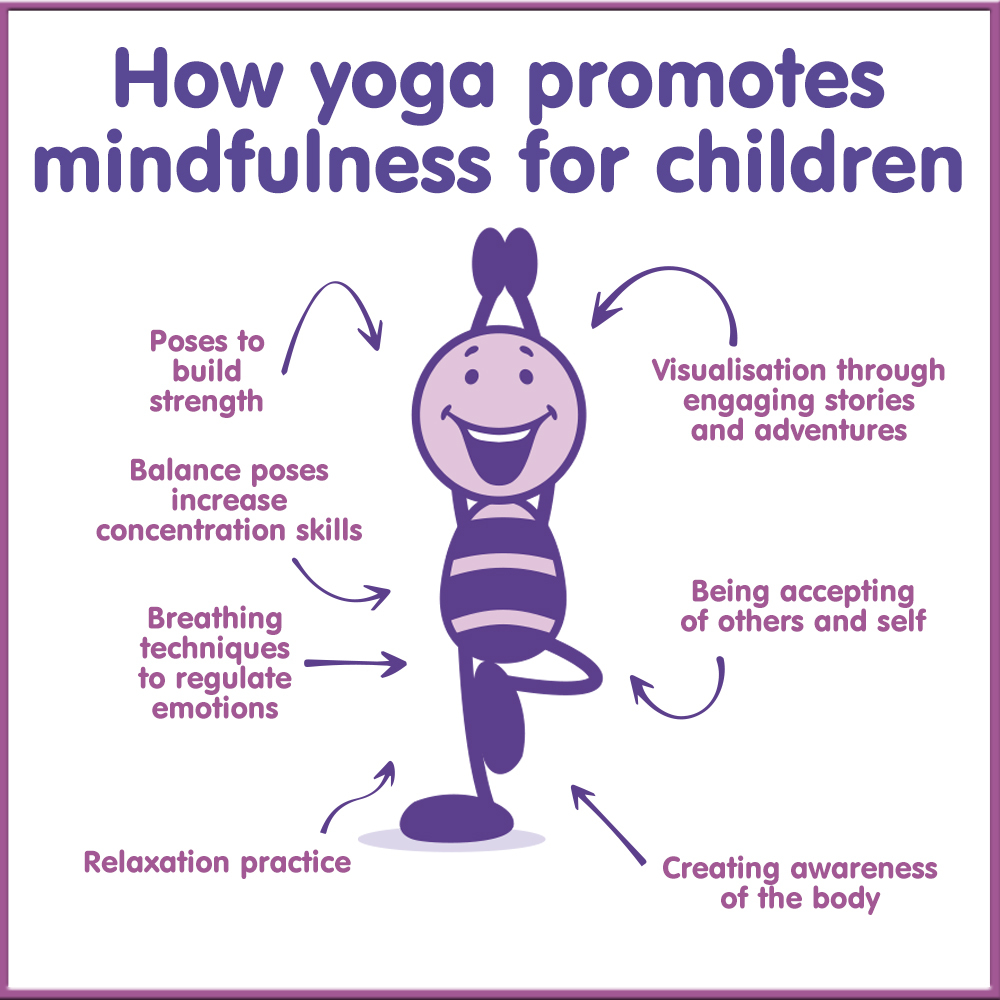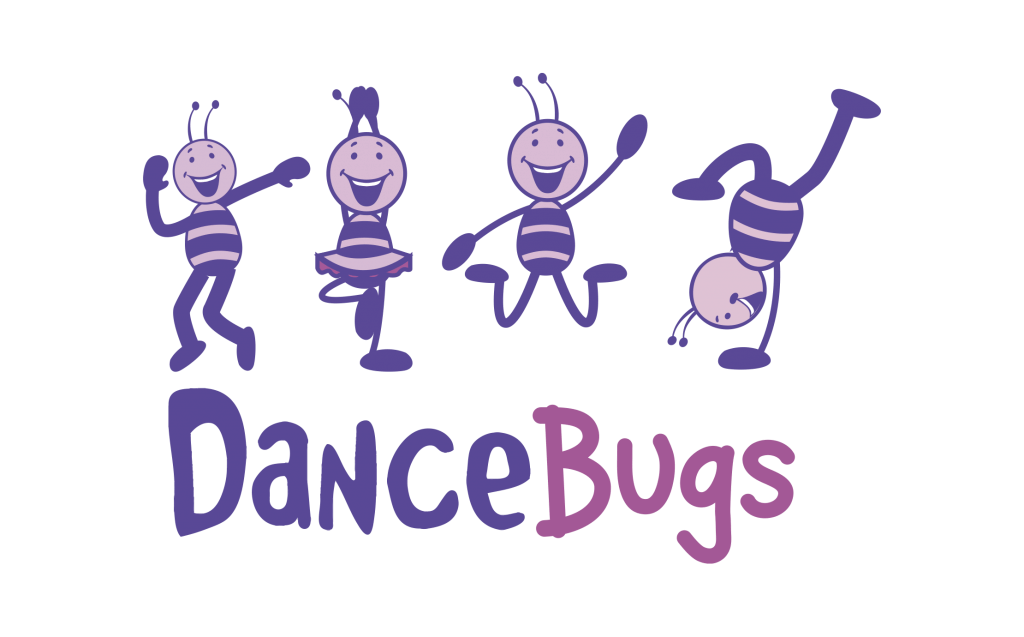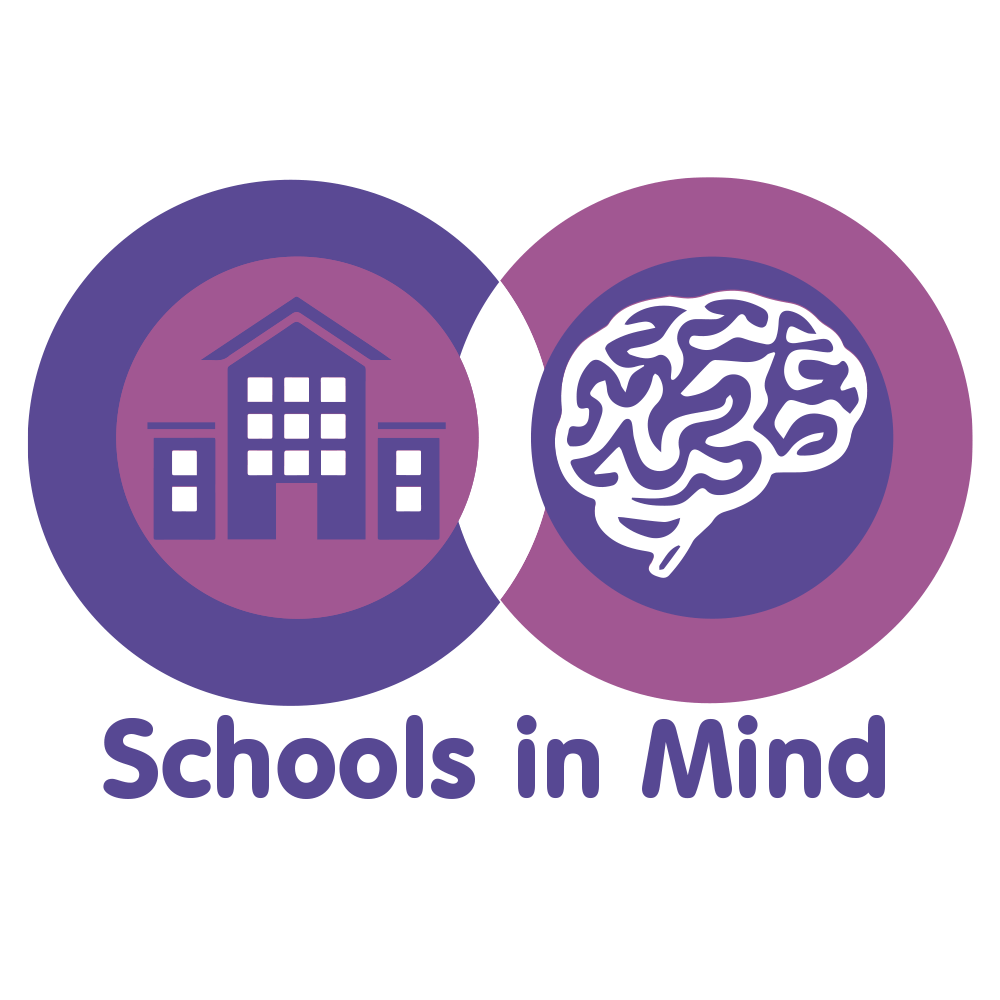In an ever-changing world full of distractions and pressures, it is essential to equip children with the necessary tools to navigate life’s challenges and foster their overall well-being.
Mindfulness, a practice rooted in ancient traditions, has gained recognition in recent years for its ability to cultivate mental clarity, emotional resilience, and a greater sense of inner peace. As we explore the importance of teaching mindfulness in UK primary schools, we unveil the transformative benefits it brings to young minds, paving the way for a brighter future.

Nurturing Emotional Resilience:
One of the key advantages of introducing mindfulness in primary schools is its ability to foster emotional resilience. Children face a myriad of emotional challenges, ranging from stress and anxiety to difficulties in managing their emotions. Mindfulness empowers students to develop a deeper understanding of their emotions, enabling them to respond rather than react impulsively. By teaching children how to observe their thoughts and feelings non-judgmentally, mindfulness equips them with the tools to navigate stressful situations and build emotional resilience.
Improving Concentration and Focus:
In an era characterised by constant stimulation and information overload, many children struggle with maintaining attention and focus. Mindfulness exercises, such as breath awareness and sensory awareness, promote the ability to concentrate and anchor attention to the present moment. By training young minds to observe their thoughts without judgment and return to the present moment when their minds wander, mindfulness enhances cognitive functions and boosts academic performance. The practice provides students with a solid foundation for attentive listening, improved memory retention, and enhanced problem-solving abilities.
Cultivating Empathy and Compassion:
In a world that often lacks empathy and understanding, teaching mindfulness in primary schools’ nurtures compassion and kindness from an early age. Mindfulness practices encourage students to cultivate a non-judgmental attitude towards themselves and others. Through exercises like loving-kindness meditation, children learn to develop empathy, compassion, and a sense of interconnectedness. By promoting an environment of respect and understanding, mindfulness fosters positive relationships among peers, creating a more harmonious school community.
Managing Stress and Anxiety:
Stress and anxiety affect not only adults but also children in the modern world. Teaching mindfulness equips young minds with practical tools to manage stress and promote mental well-being. By cultivating awareness of their breath, body sensations, and thoughts, children can identify early signs of stress and implement mindfulness techniques to calm their minds. The ability to regulate emotions and find a sense of inner peace empowers children to navigate daily stressors more effectively, reducing the risk of chronic anxiety and promoting their overall well-being.
Enhancing Self-awareness and Mindful Decision-making:
Mindfulness brings attention to the present moment and encourages self-reflection. By teaching children to observe their thoughts, emotions, and physical sensations, mindfulness cultivates self-awareness. This heightened self-awareness enables students to make informed and mindful decisions, considering the consequences of their actions. By developing a greater understanding of themselves, children become more responsible and accountable for their choices, fostering personal growth and positive behaviour.
Integrating mindfulness into the curriculum of UK primary schools is a crucial step towards prioritising the mental and emotional well-being of the younger generation. By teaching mindfulness, we provide children with invaluable lifelong skills, empowering them to navigate life’s challenges with clarity, resilience, and compassion. As we embrace the transformative power of mindfulness, we sow the seeds of a brighter, more mindful future for our children, paving the way for a healthier and more harmonious society.













